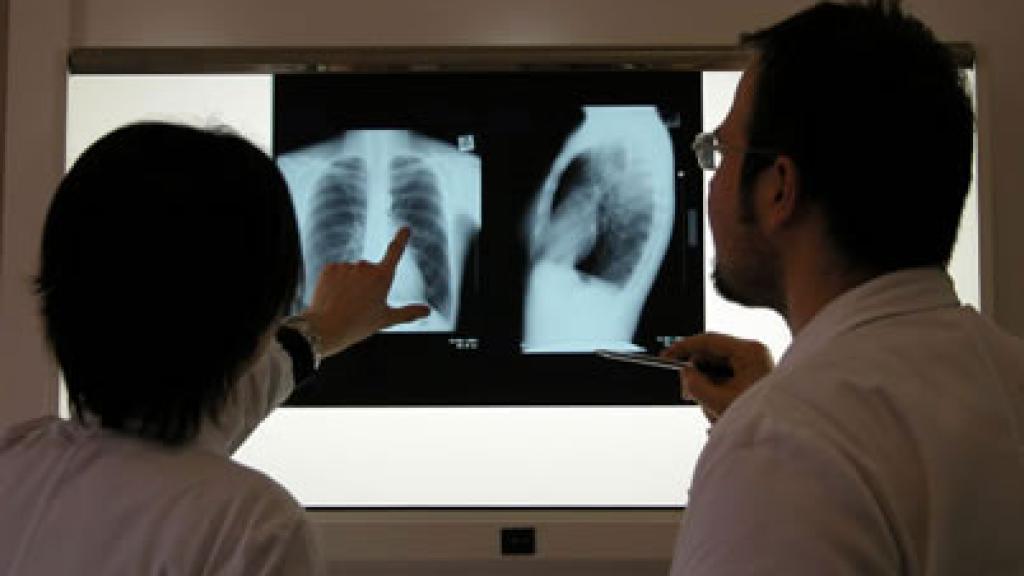
Society welcomes ten year vision for health service
Recommendations have potential to end unequal access to healthcare and crippling costs for cancer patients
The Irish Cancer Society has welcomed the Committee on the Future of Healthcare report which offers a ten year vision for the Ireland’s health service, and recommends the provision of health care on the basis of medical need and not ability to pay for the first time in Ireland.
Donal Buggy, Head of Services and Advocacy said: “For too long we have been hearing from distressed cancer patients who are having difficulty accessing the services and medicines they need. They may face delays in accessing diagnostic tests for cancer, have difficulty getting a medical card, cannot access the community supports they need, cannot afford costs like the €80 inpatient charge when undergoing chemotherapy, and cannot afford their prescription medications or the prescription charge.
“We have campaigned for the last two years for the end of crippling statutory health charges for cancer patients both in our Pre-Budget submission 2017 and our general election campaign. We have heard from cancer patients in serious financial distress who were receiving letters from debt collectors in relation to their chemotherapy inpatient charge.
“We are delighted that the Committee has recognised these struggles and echoed our recommendation to scrap hospital charges and reduce the prescription charge and drug payment scheme.
“We have been campaigning for some time for medical cards for all cancer patients, and the Society welcomes the Committee’s recommendation for a Cárta Sláinte which would mean all cancer patients get access to health care on the basis of need, and not the ability to pay. It would also end inequities in relation to access to public health nurses, community supports, and aids and appliances, which at the moment are very hard for non-medical card holders to access.
“We are also pleased to see the report’s recommendations in relation to reducing waiting times for diagnostic tests, and for the development of community diagnostics.
“A survey of GPs we commissioned in 2016, with the ICGP, highlighted the stark inequities in the public-private divide in waiting times for tests to diagnose cancer. Waiting times for MRI Brain scans were estimated to be on average 20 times higher in the public system than the private, while the difference in average waiting times between public and private systems for abdominal and pelvic ultrasounds was 70 days.
“We welcome the Committee’s vision for an integrated health service, free primary care for all, universal palliative care, and a less hospital focused health system. Ireland has 139,526 cancer survivors as of 2014, and their needs can often be more appropriately addressed in the primary and community care setting.
“There is a strong recognition in the report on the importance of preventing ill-health, with a recommendation that the health and wellbeing budget be doubled, and a focus on primary care. We would welcome this. 40% of cancers are preventable and GPs have an important role to play in preventing cancer and in raising awareness of the signs and symptoms of cancer, which promotes earlier diagnosis.
“This ten year plan represents a unique opportunity to revolutionise Ireland’s health system for the better, and to end the inequities we are currently see for cancer patients. We now hope the implementation phase begins as soon as possible and there is the political will to see this ten year vision through.”
